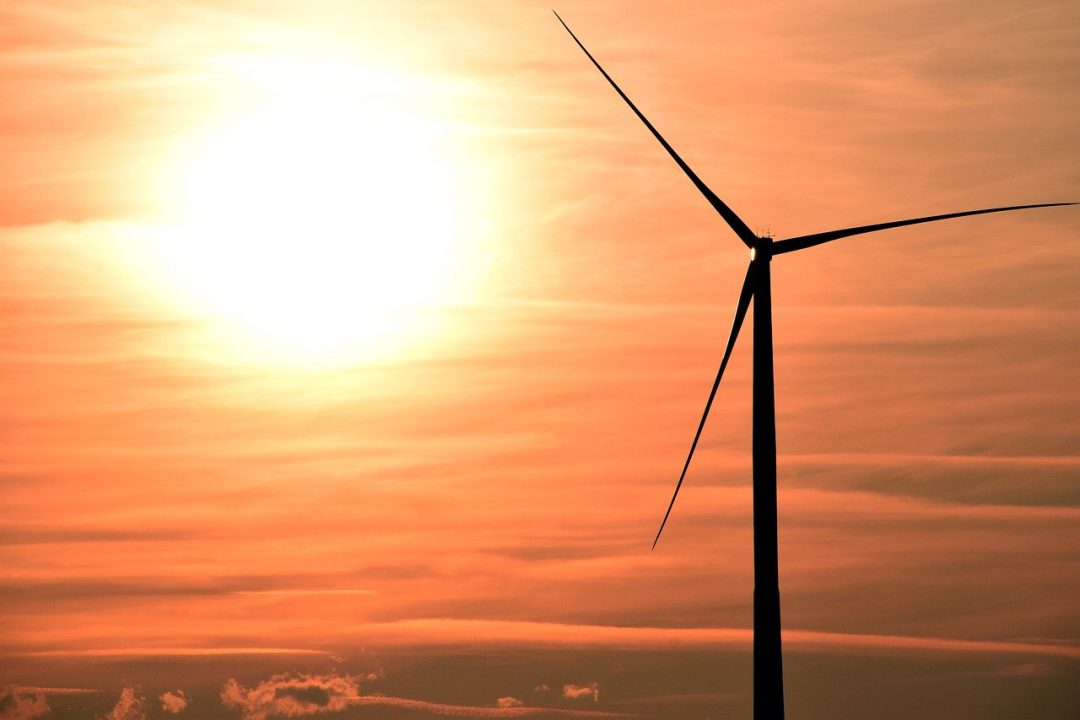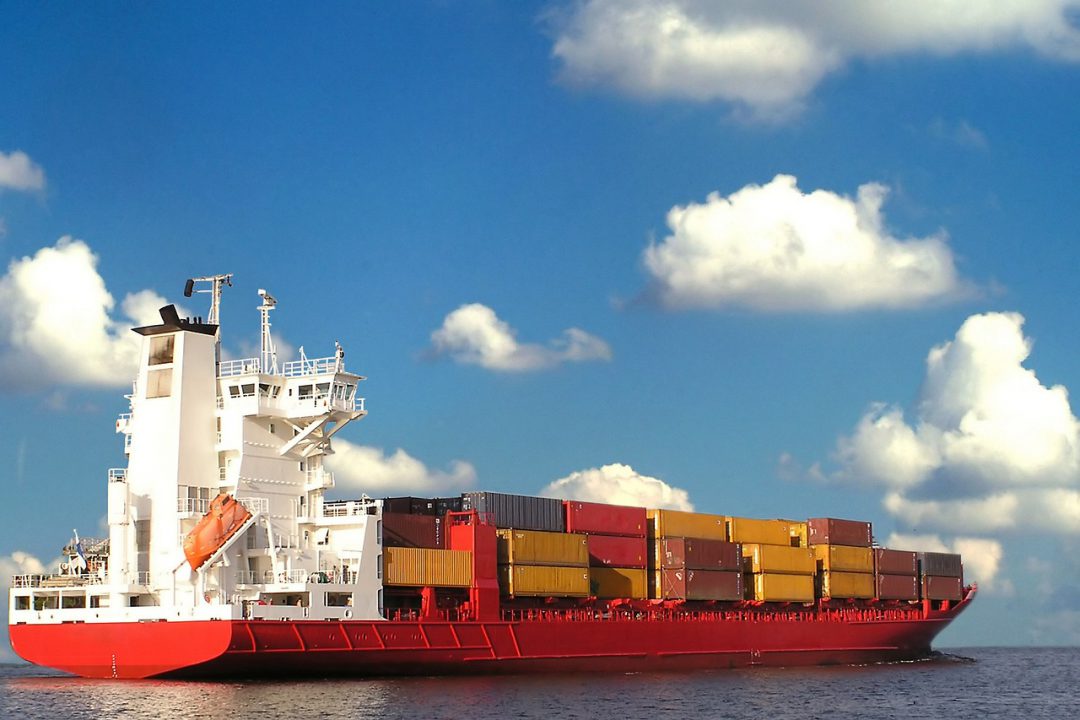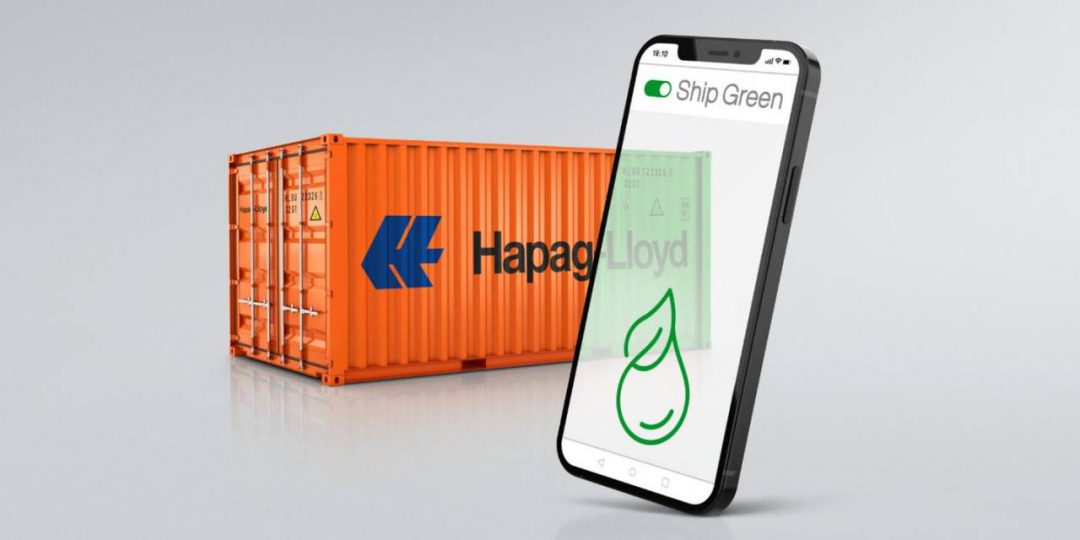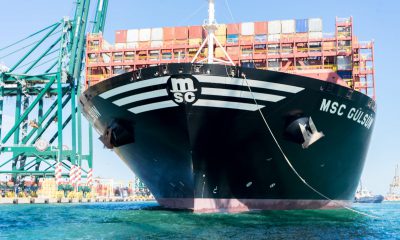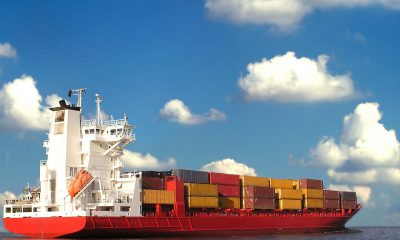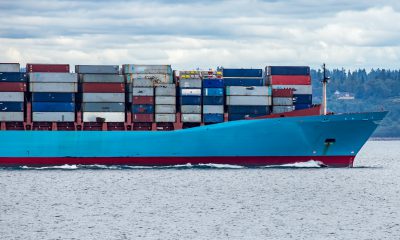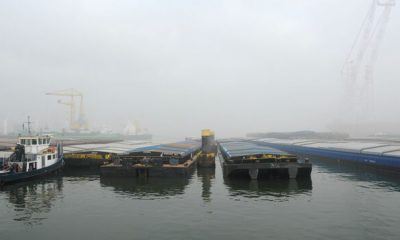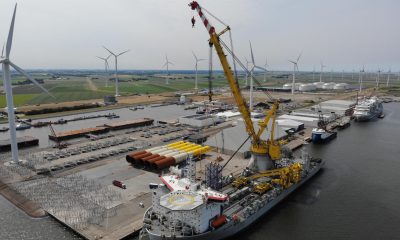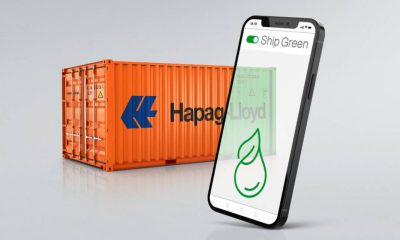Global Maritime Forum, World Economic Forum, Friends of Ocean Action, International Association of Ports and Harbors, Environmental Defense Fund, and University College London Energy Institute are proud to announce that they have partnered with global network P4G.
The new P4G Getting to Zero Coalition Partnership builds on the Getting to Zero Coalition, which unites more than 130 public and private organizations and has been endorsed by Governments in 14 countries. The goal of the Coalition is to have commercially viable zero emission vessels operating along deep sea trade routes by 2030 as a key step towards achieving the climate goals set by UN maritime agency, the International Maritime Organization.
“Investing in abundant untapped renewable resources can be one of the most effective measures in reaching net zero by 2050 in order to avoid serious impacts of climate change. This is where the Getting to Zero Coalition partnership comes in and P4G is pleased to be a part of this wider global energy transition. We look forward to further collaborating with change-makers and leaders around the world to accelerate decarbonizing shipping and bring sustainable development gains to developing and emerging countries,” says Ian de Cruz, P4G Global Director.
Public-private collaboration is key
Collaborative efforts are a requisite to overcome the barriers and reap the rewards of shipping’s green, systemic change.
“The P4G Getting to Zero Coalition Partnership will engage with public and private stakeholders from Indonesia, Mexico and South Africa, and together identify concrete, actionable business and investment opportunities that can accelerate shipping’s decarbonization and contribute to sustainable and inclusive economic growth,” says Johannah Christensen, Managing Director, Head of Projects & Programmes, Global Maritime Forum.
Three country-specific opportunity reports will serve as a national blueprint for reducing emissions from shipping and generate learnings that can be used to involve other developing and emerging economies.
A trillion-dollar market opportunity
Shipping’s decarbonization is an integral part of the wider energy transition. Marine vessels account for about 4% of global oil demand, making shipping’s green transition both a climate necessity and a trillion-dollar market opportunity to develop the ships and fuels that will drive this transition.
“The maritime industry has made it clear that the future of shipping is carbon free,” says Aoife O’Leary, Director at Environmental Defense Fund. “The industry’s target of reducing greenhouse gas emissions by at least 50% by 2050 will create a trillion-dollar market opportunity to kick start a worldwide transition to zero carbon shipping.”
Infrastructure investment can drive substantial development gains
Investment in the land-based energy infrastructure that is required to decarbonize shipping holds the potential to drive substantial development gains.
A study by the Energy Transitions Commission and UMAS for the Getting to Zero Coalition estimates the cumulative infrastructure investment that is needed in the next 20 years for shipping to make the transition to zero carbon energy sources to be approximately US$1-1.4 trillion. The land-based infrastructure and production facilities make up around 87% of the total.
“Shipping’s decarbonization can spur investment in large-scale energy projects and in ports of developing and emerging countries with access to abundant untapped renewable energy resources that can be converted into zero carbon fuels and power maritime shipping and a range of other industries,” says Patrick Verhoeven, Managing Director-Policy and Strategy, International Association of Ports and Harbors.
Shipping’s decarbonization should leave no country behind
Any agreement on policy to enable shipping’s transition from fossil fuels must respect principles of equity and ensure there are no strong negative impacts on developing countries.
“It is crucial that developing countries are leaders of shipping’s decarbonization. This will need public-private multi-stakeholder dialogue to ensure that all circumstances are considered both in SIDS and LDCs and the countries this project will study.
The P4G Getting to Zero Coalition Partnership will explore how it can accelerate shipping’s green transition while taking into consideration the technological and economic impact on trade and opportunities for developing states, to ensure access to affordable, reliable, sustainable and modern shipping for all,” says Dr Tristan Smith, Reader at the UCL Energy Institute and Director of UMAS.
An opportunity to rebuild a better more resilient economy
The P4G Getting to Zero Coalition Partnership aims to identify new growth opportunities that will be needed as countries seek to recover better from the current COVID-19 pandemic.
As policymakers formulate policies and stimulus measures to kickstart the global economy, they have a unique opportunity to rebuild a better more sustainable and resilient economy by taking the long-term impacts of investments on the climate into consideration.
Lessons of the coronavirus tell us that there is a need for a resilient and future-proof strategy to shape a sustainable future to avoid another global emergency that will have destructive and irreversible consequences on human wellbeing.
“I warmly welcome P4G support for this vital Mission Possible Platform industry initiative, one of seven industry transitions we are championing, which in this case will accelerate the move to net zero emissions in the global shipping sector. The Getting to Zero coalition has set an ambitious goal for shipping and is shaping up to be a leading example of what is possible: creating a zero emission industry by a transition that creates sustainable jobs and prepares the sector better for the shocks of the future,” says Anthony Hobley, Director of Mission Possible Platform, World Economic Forum
